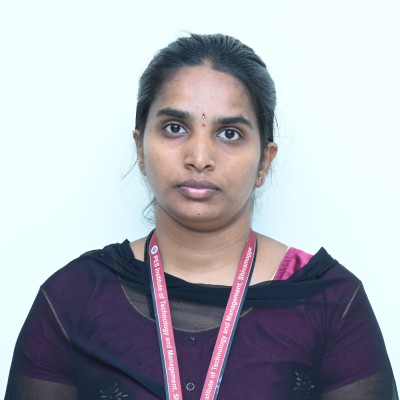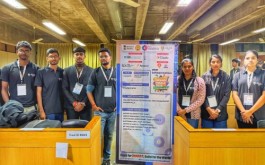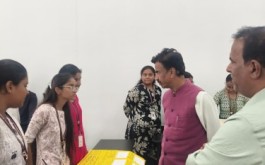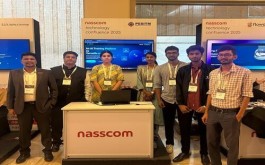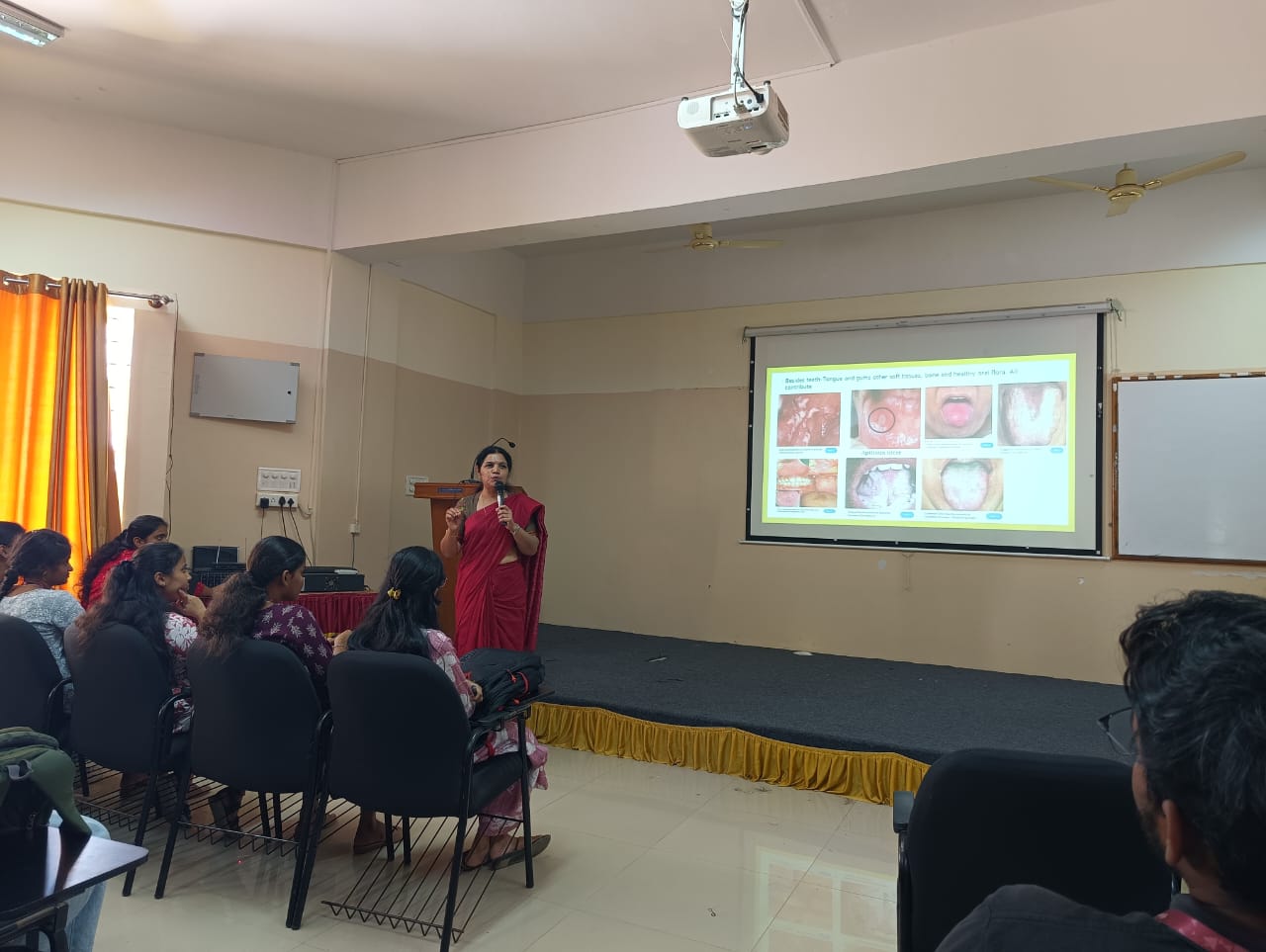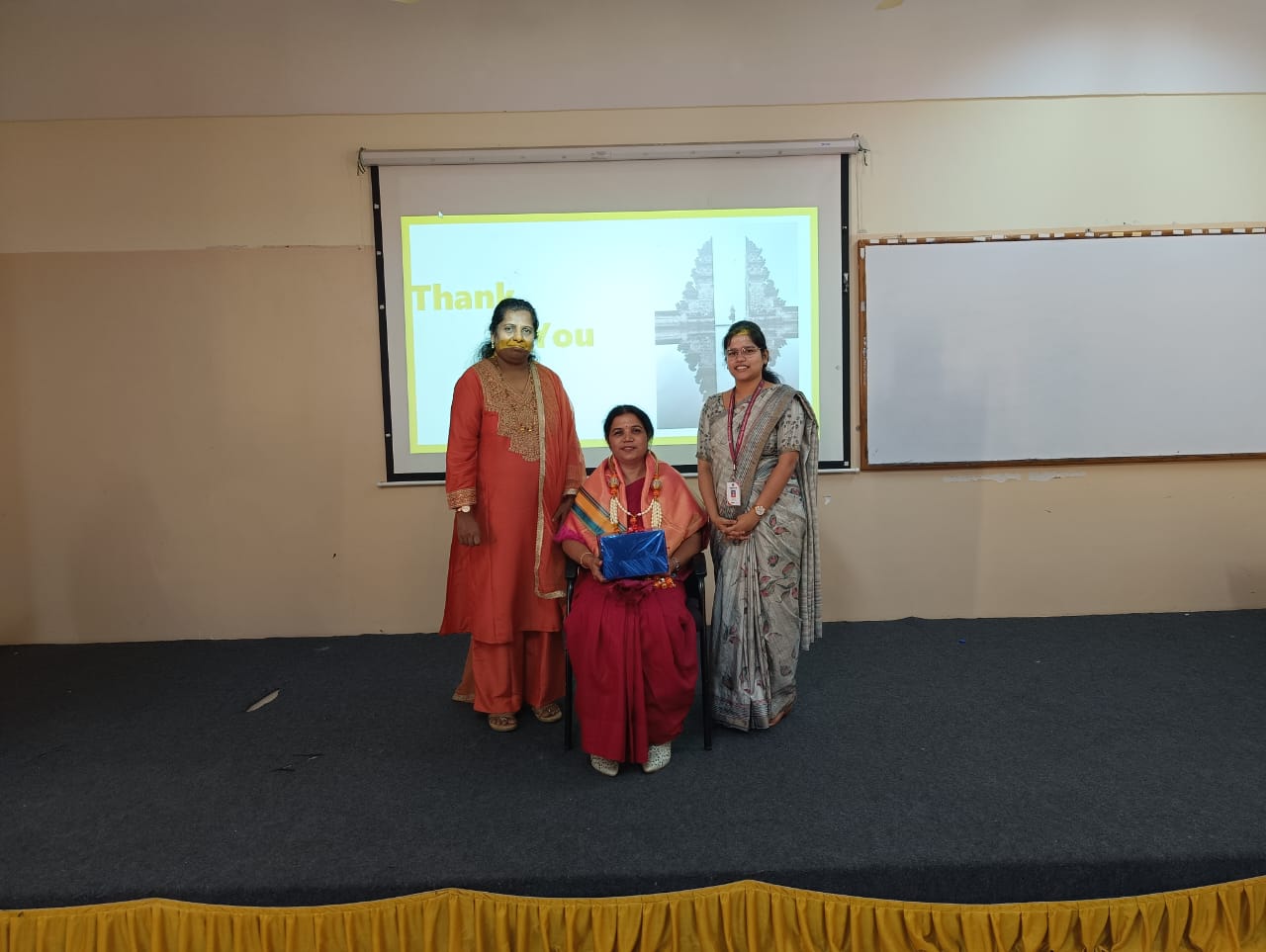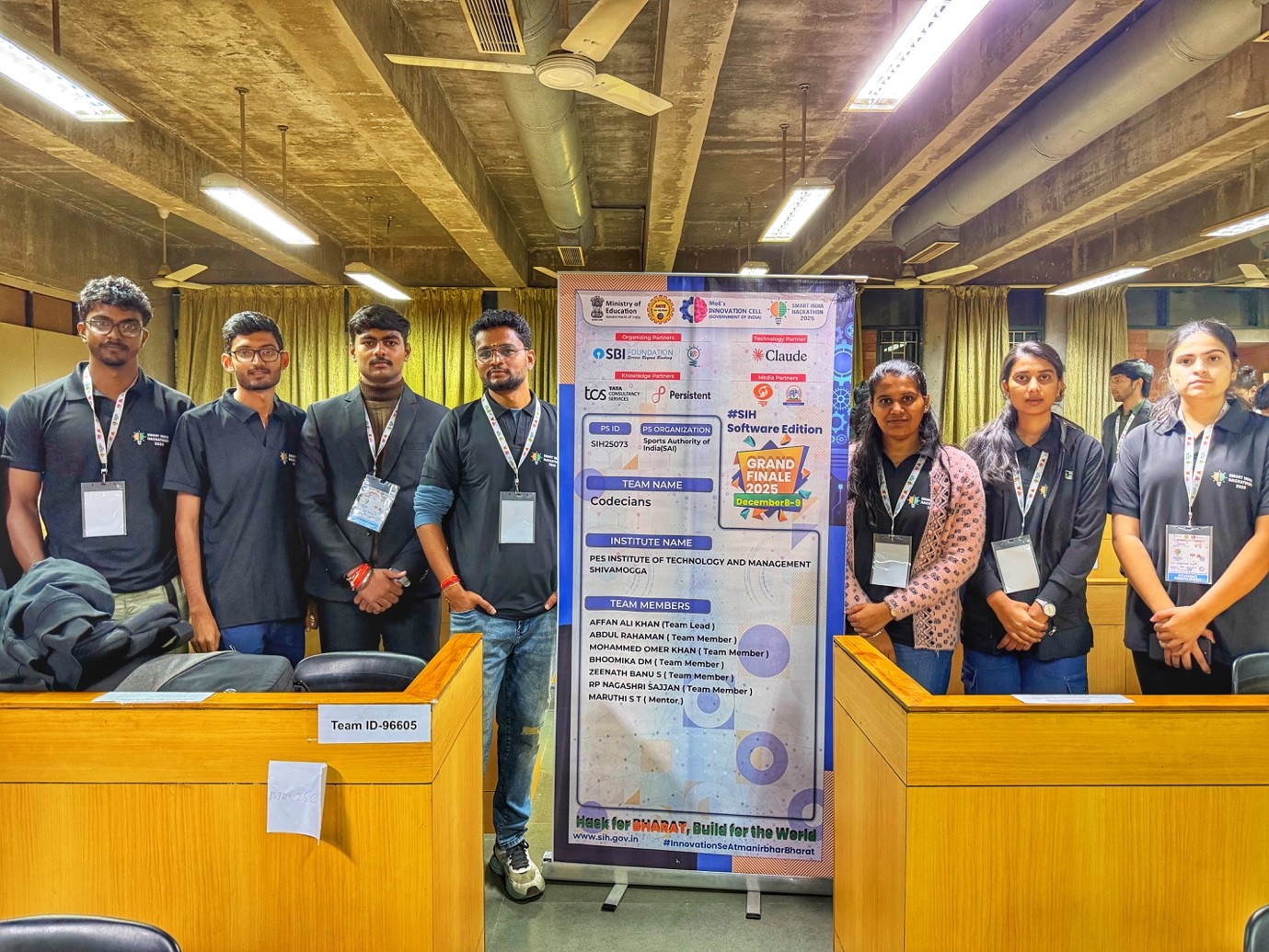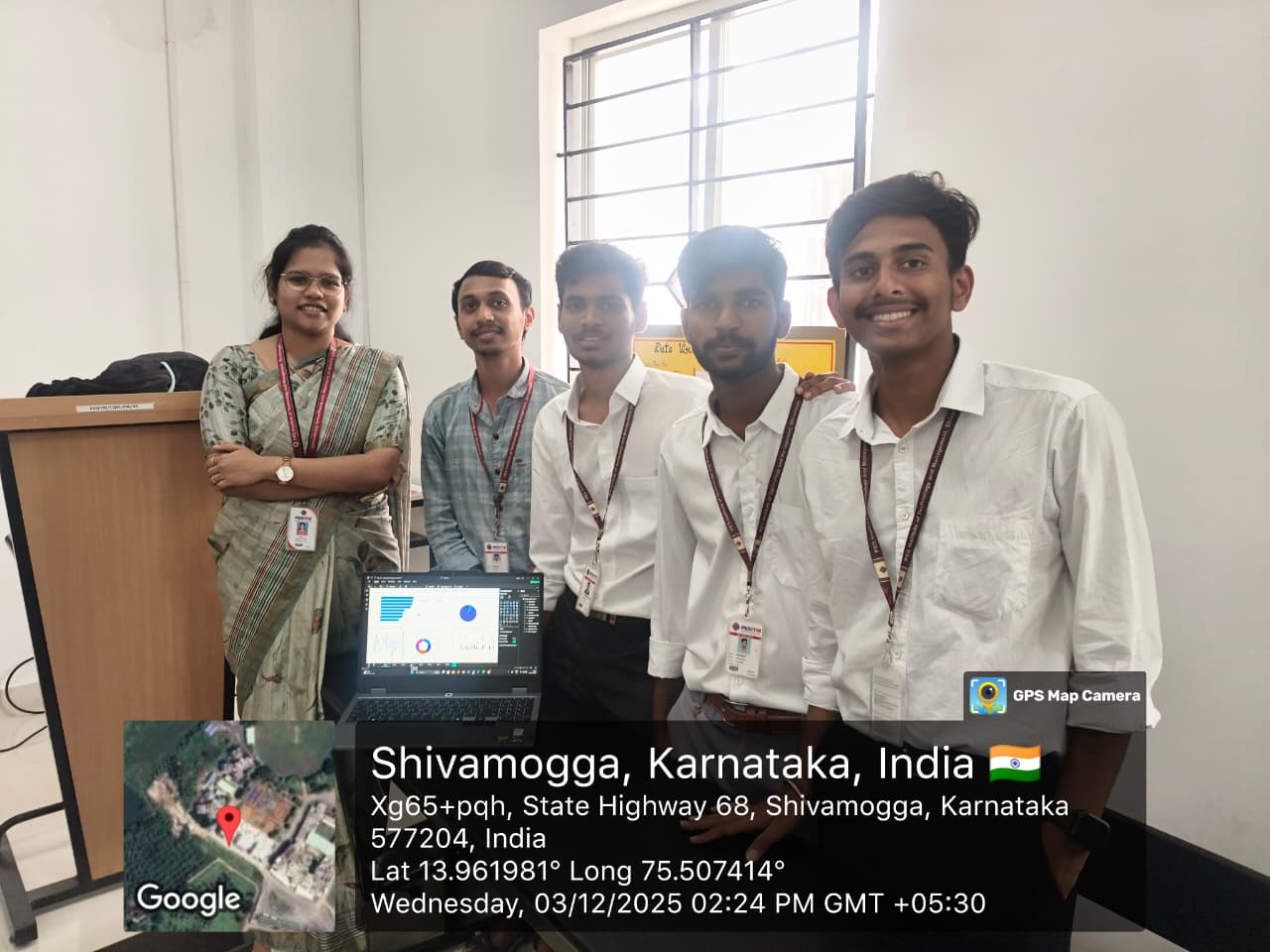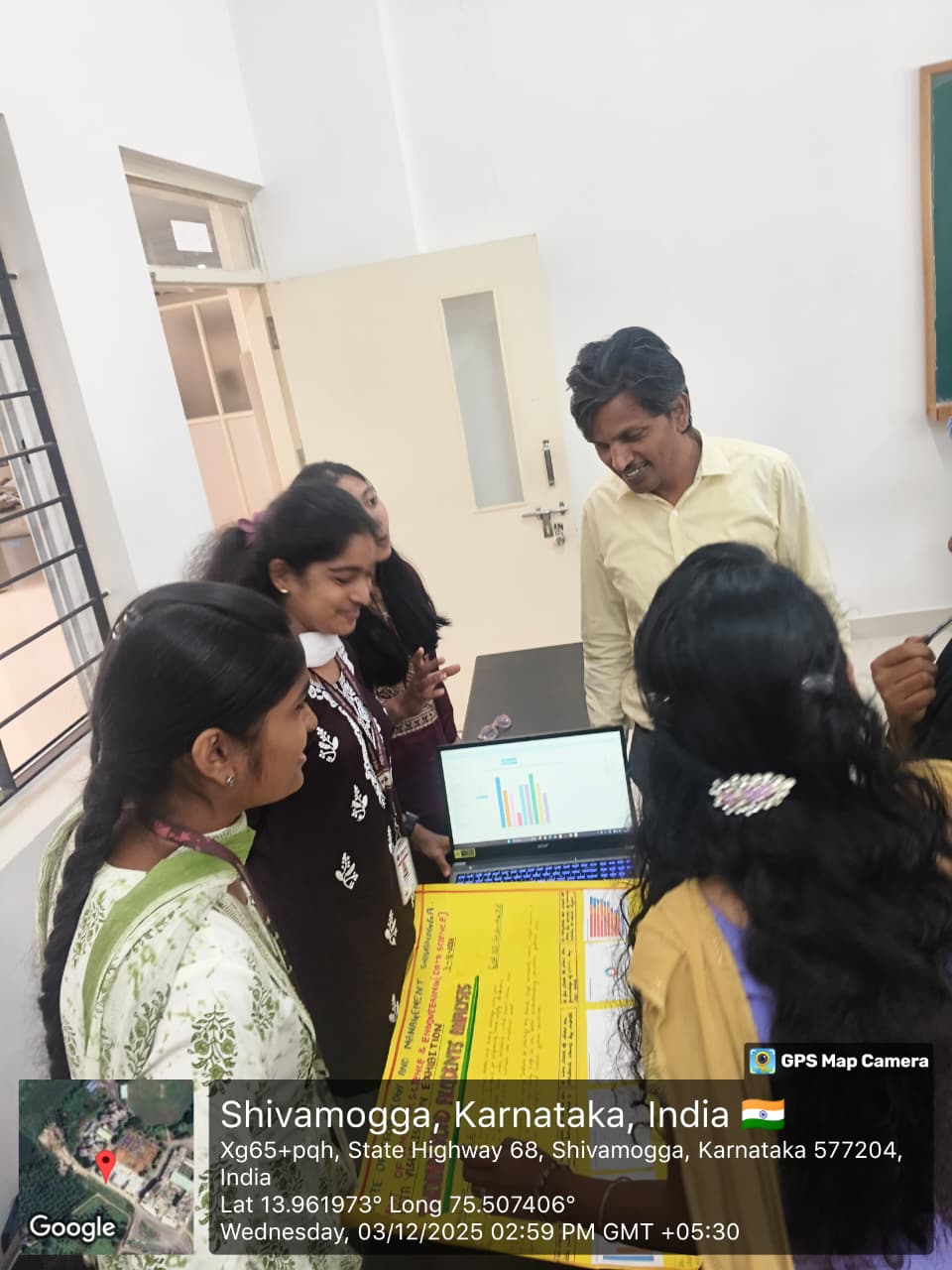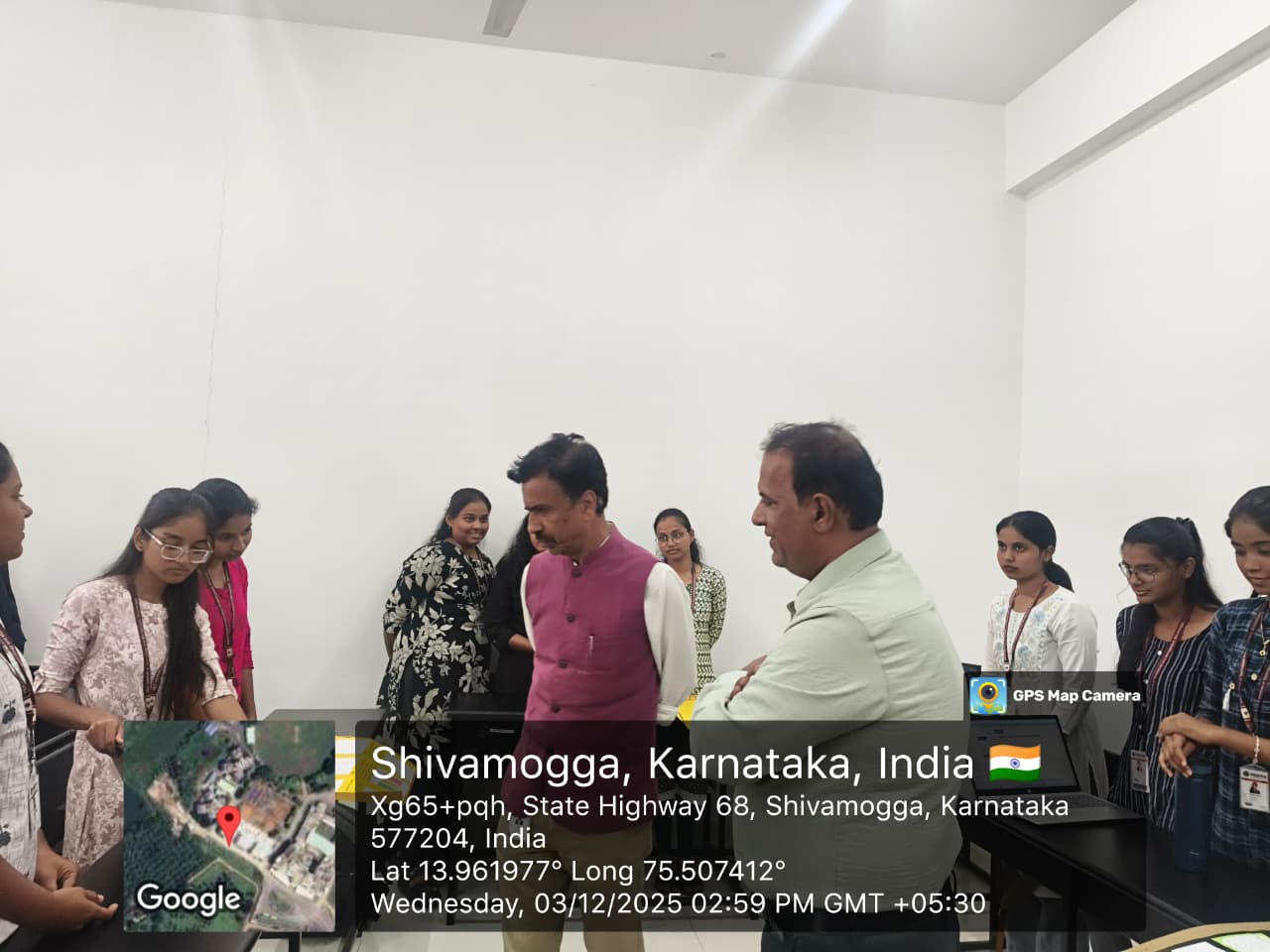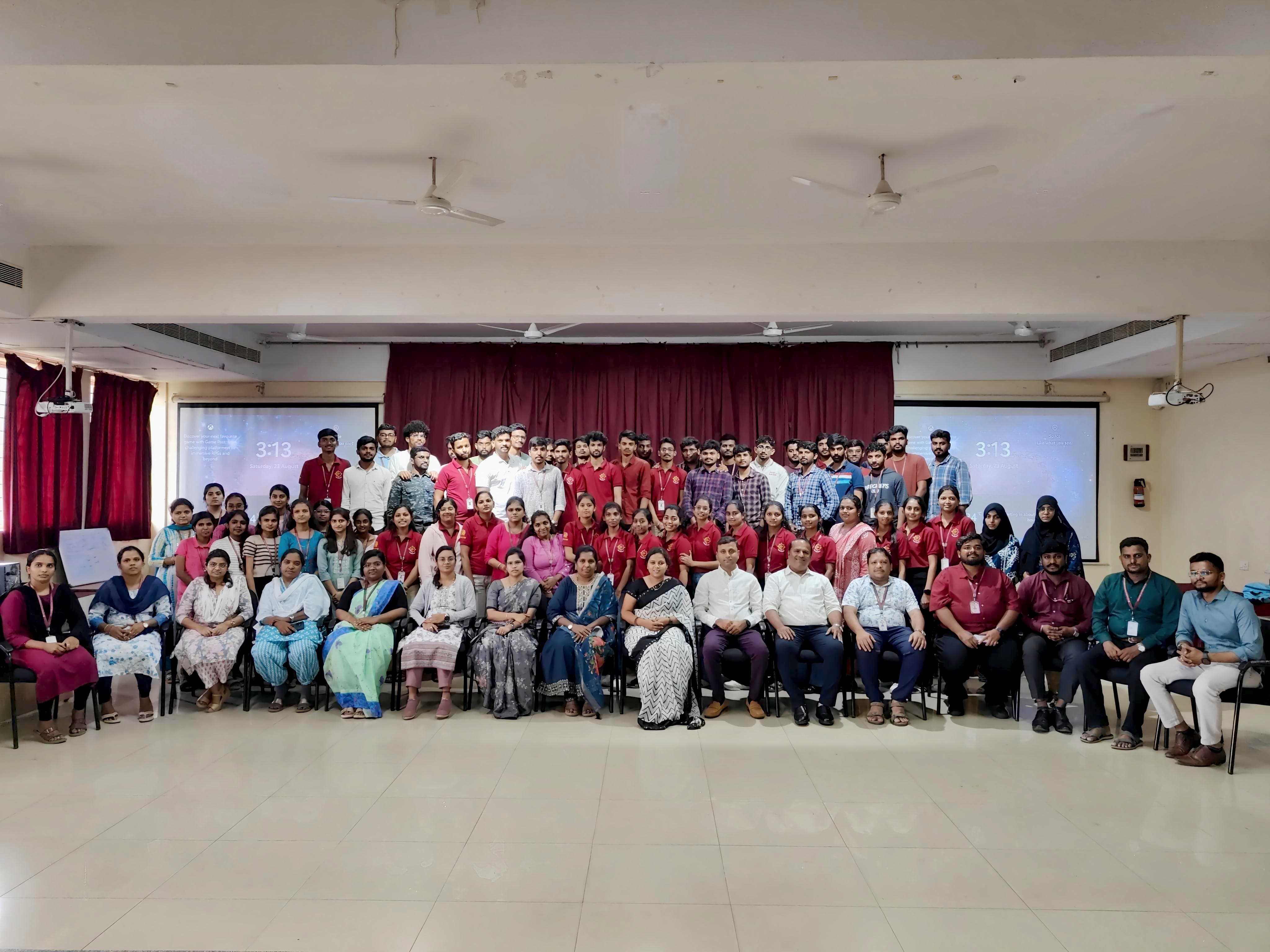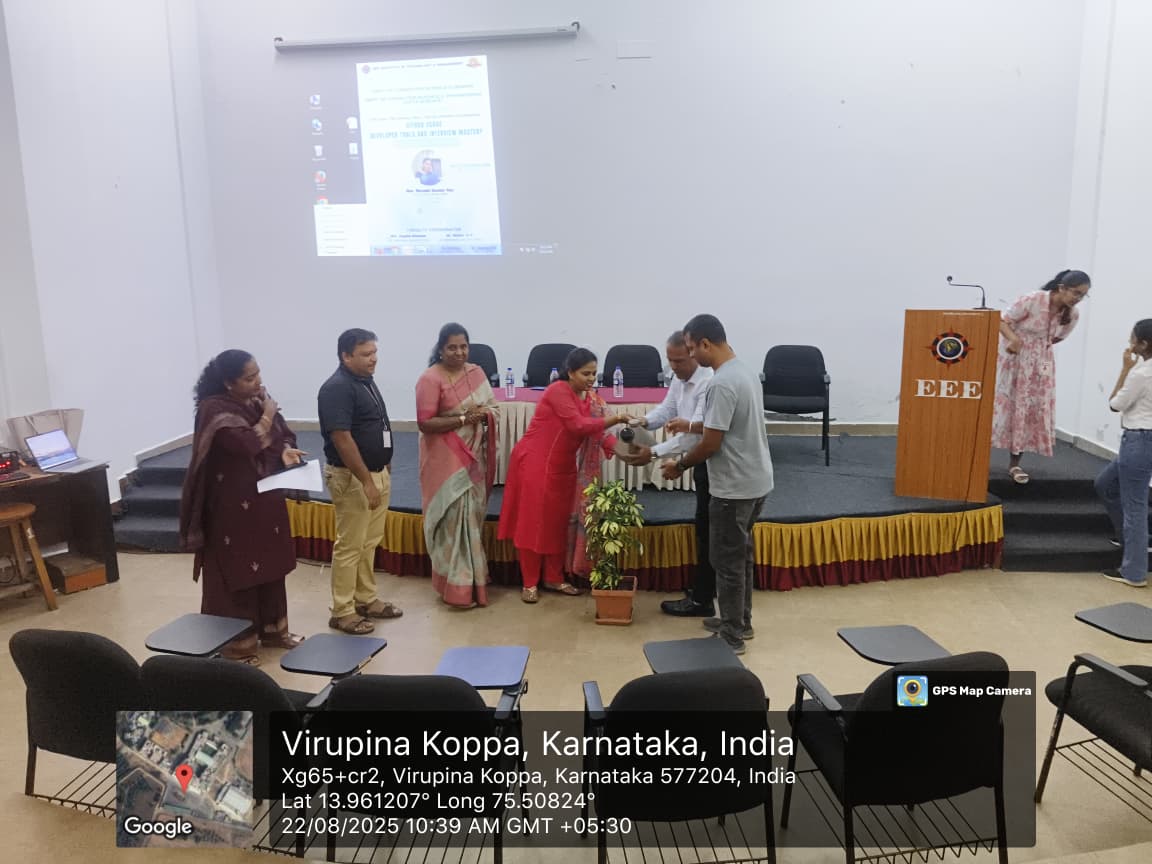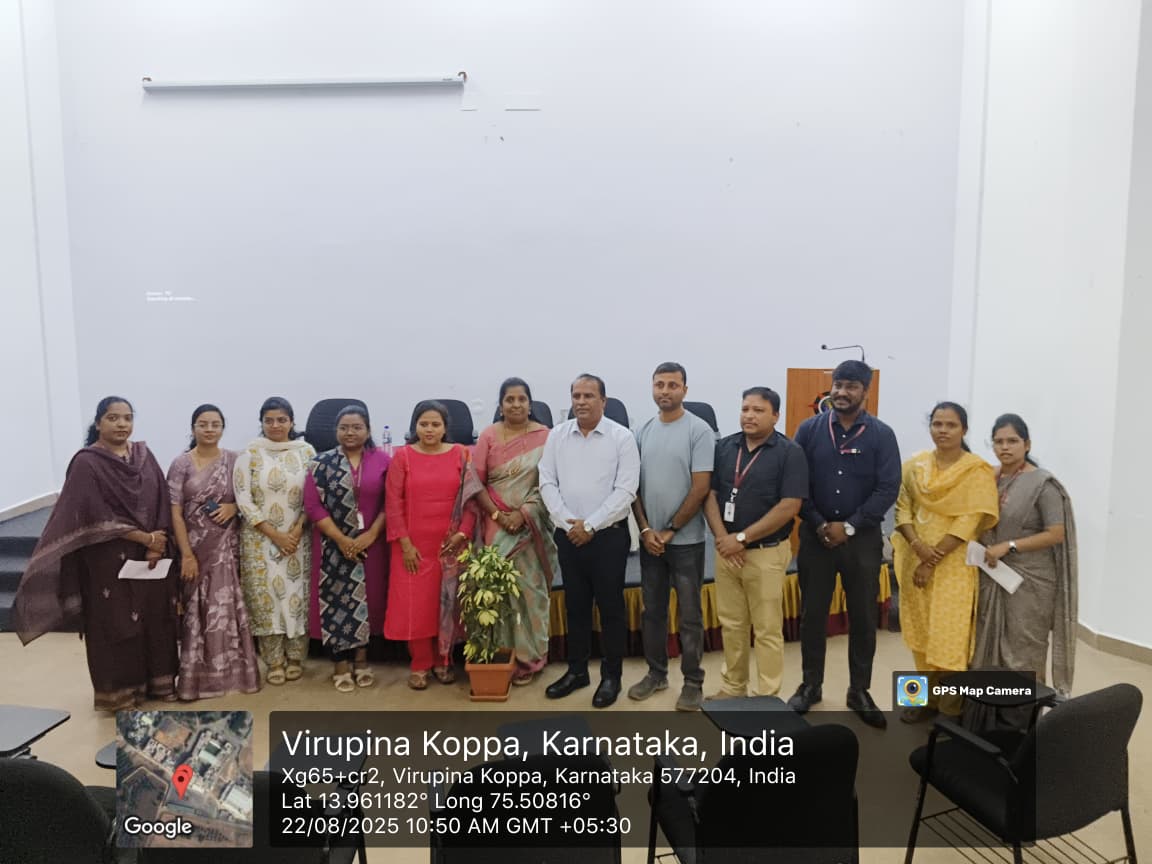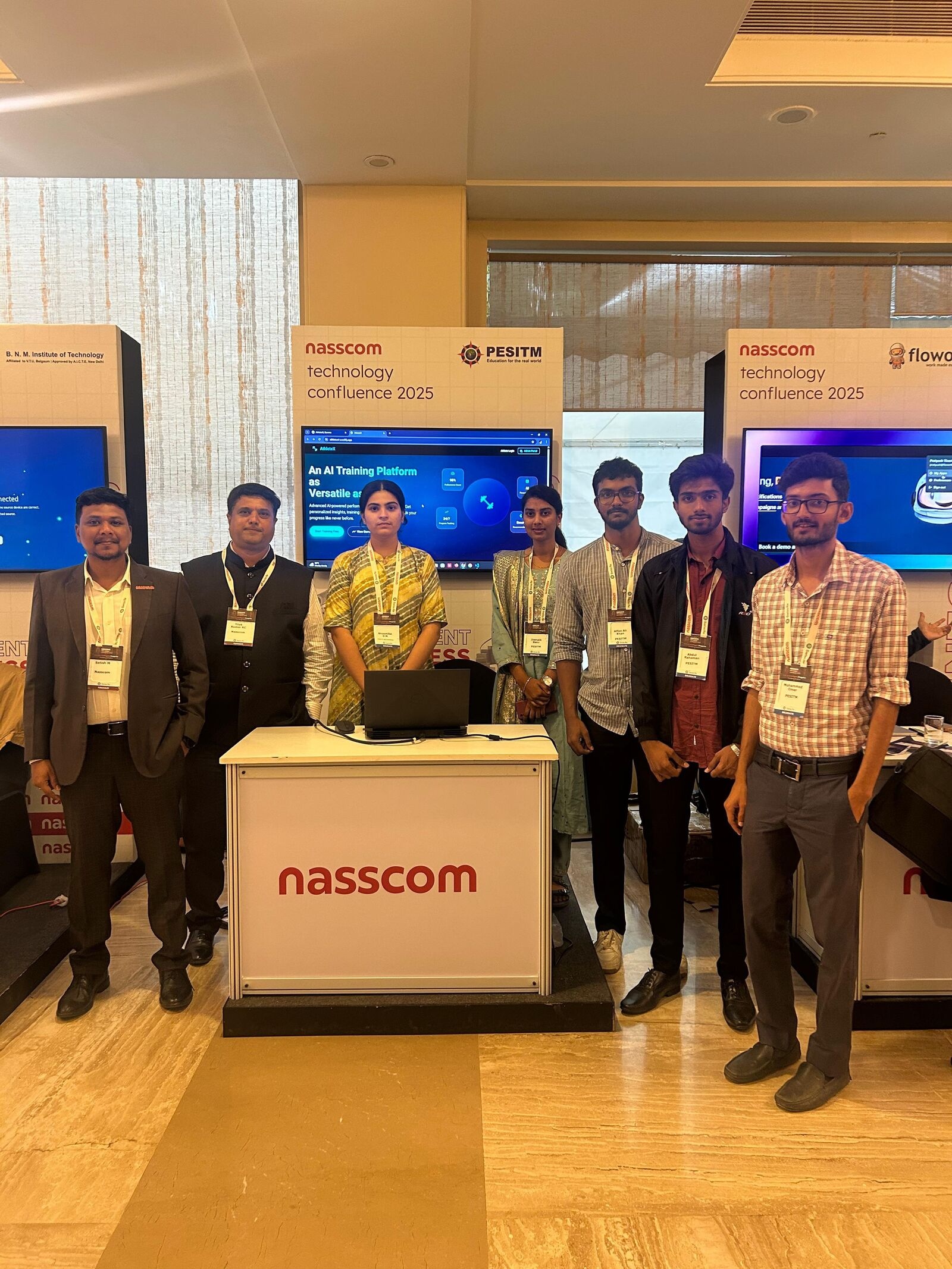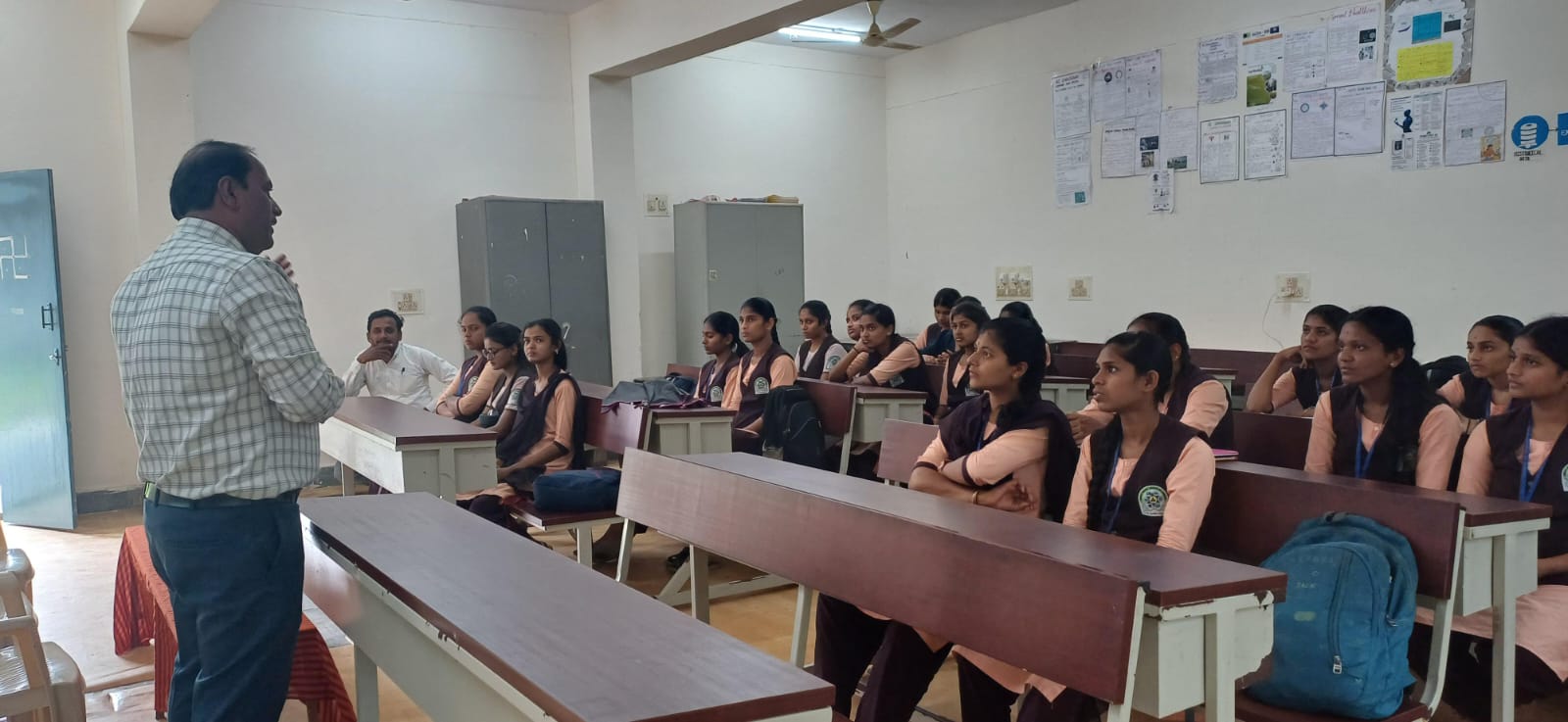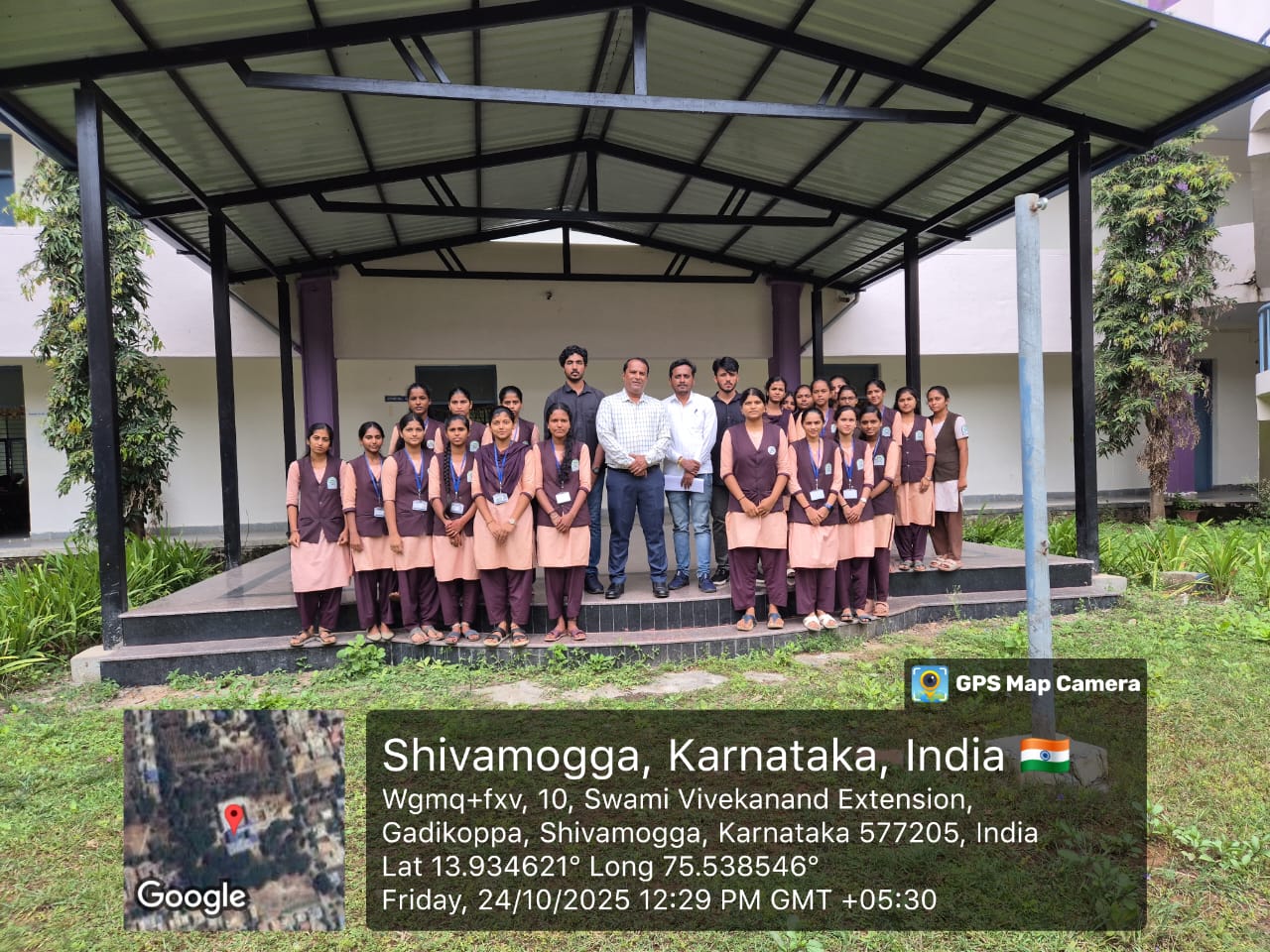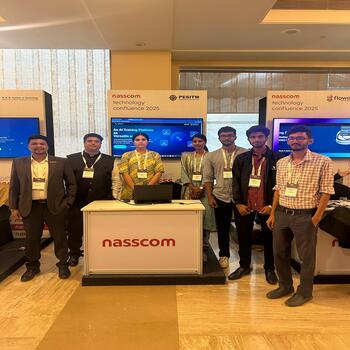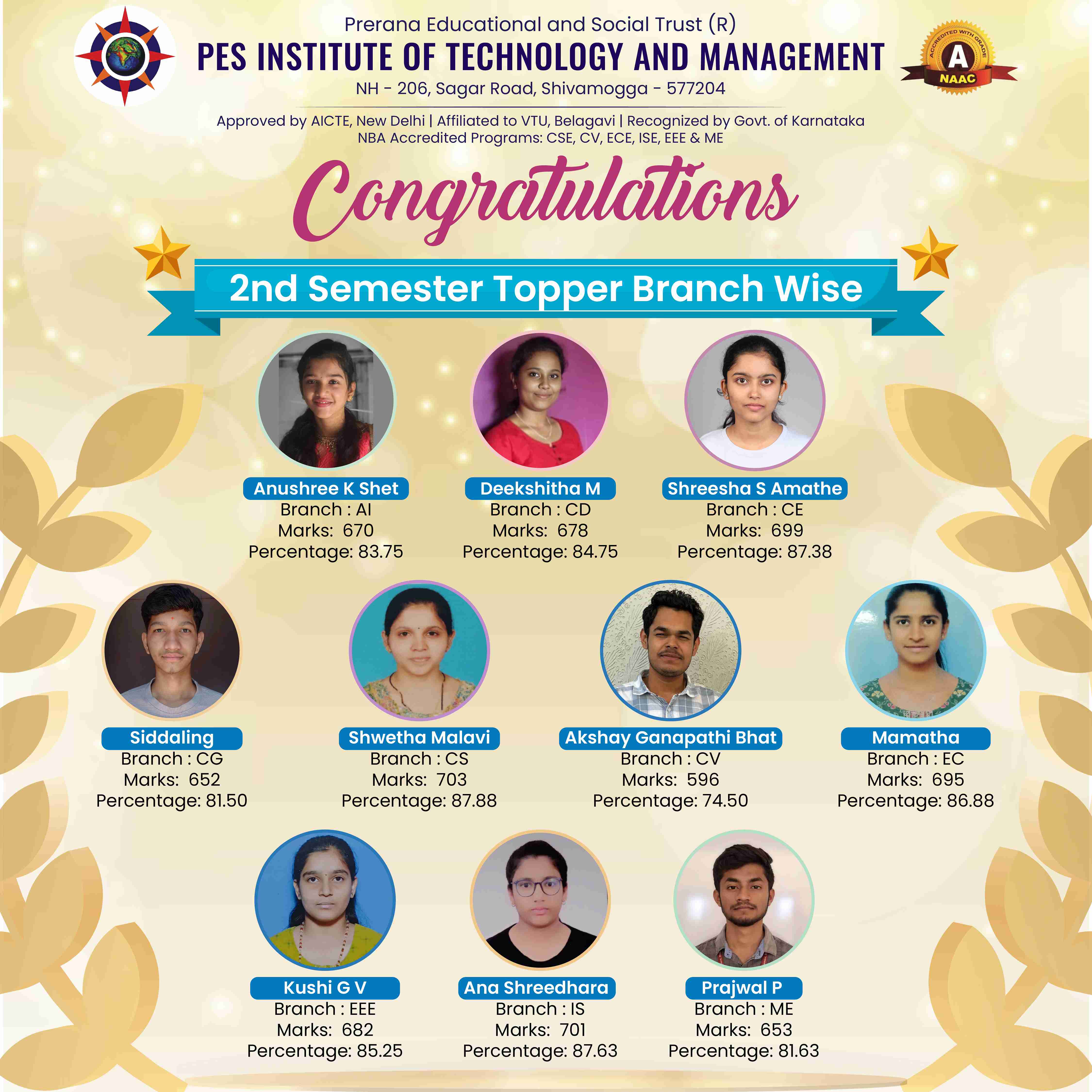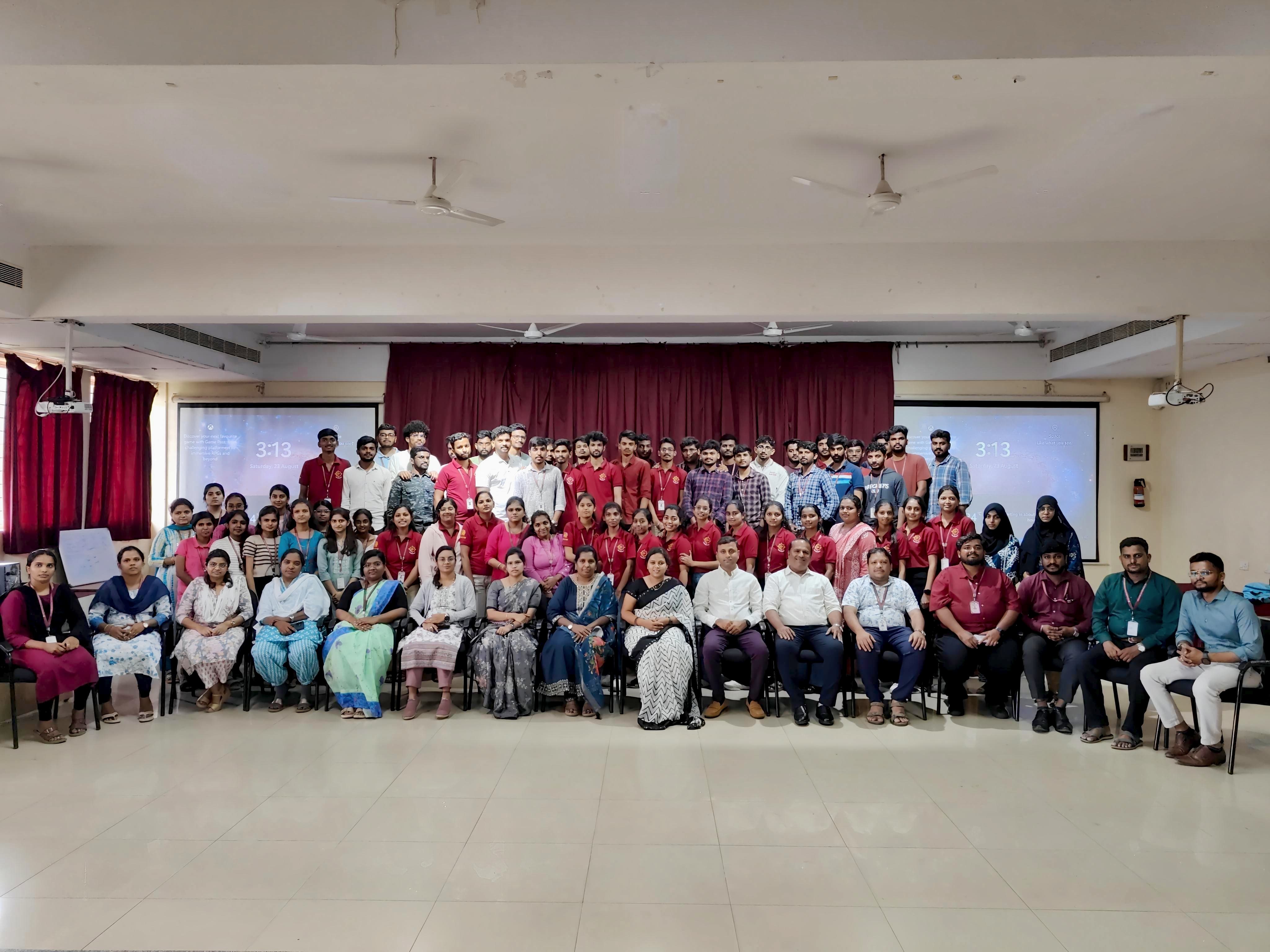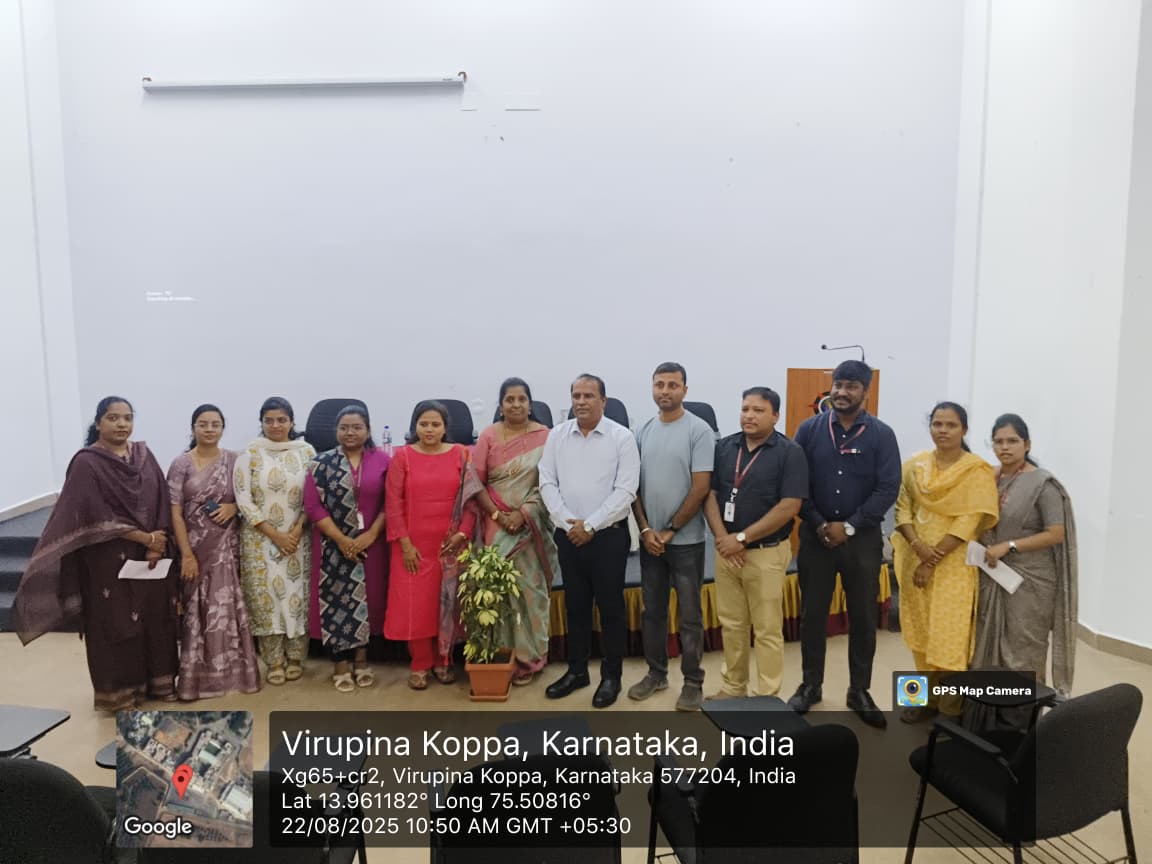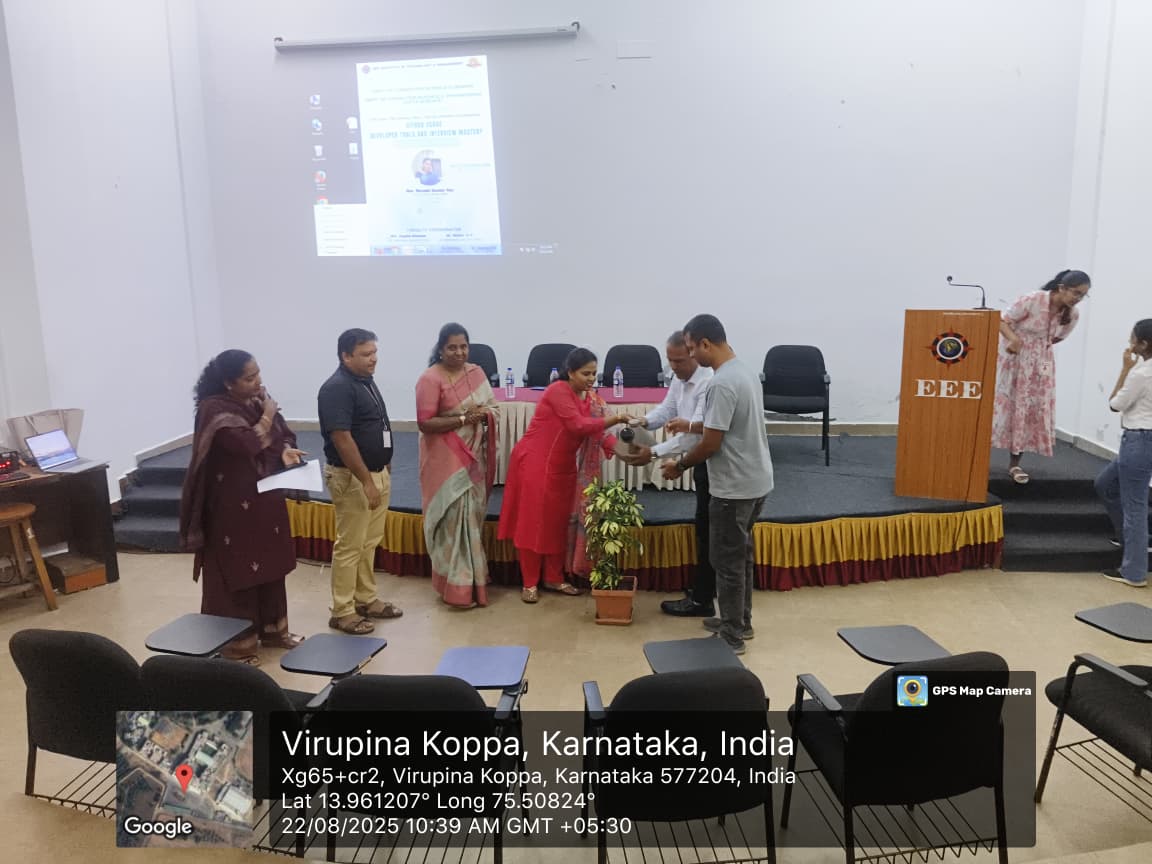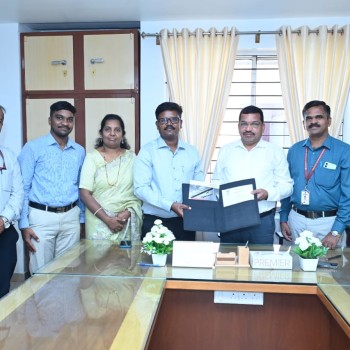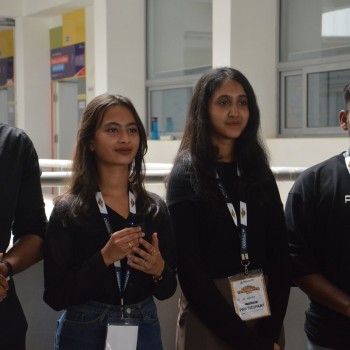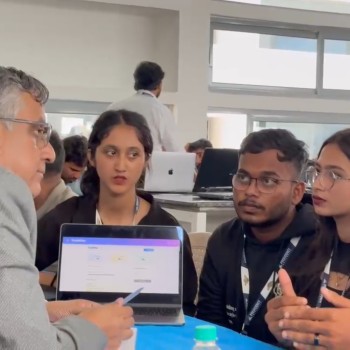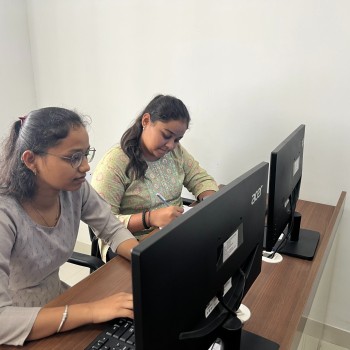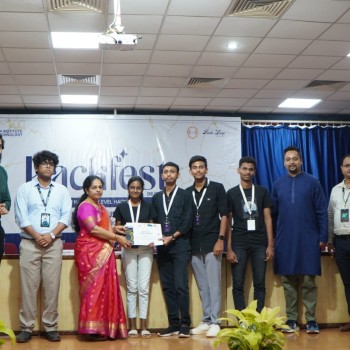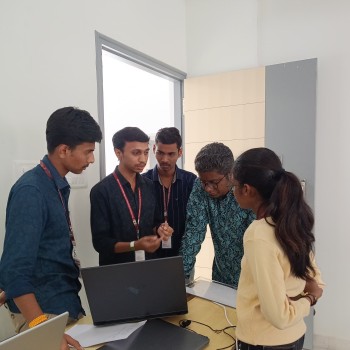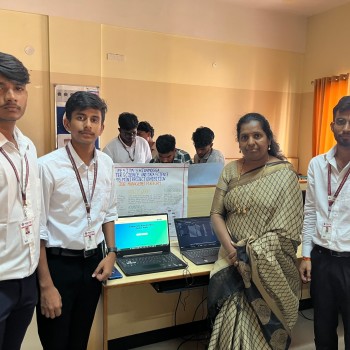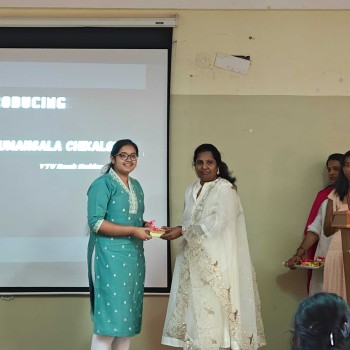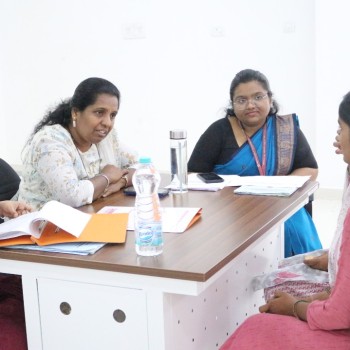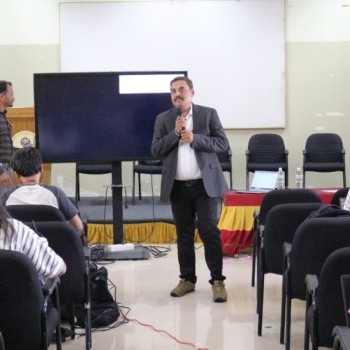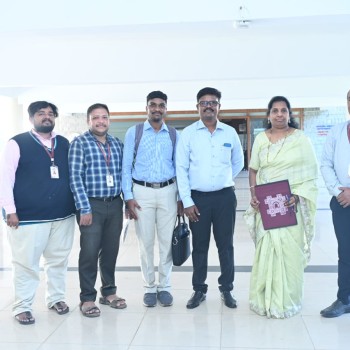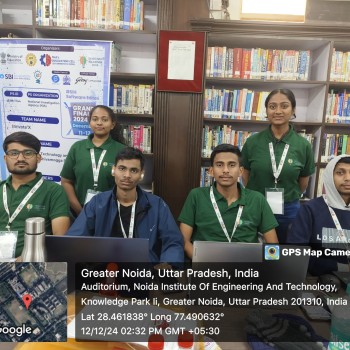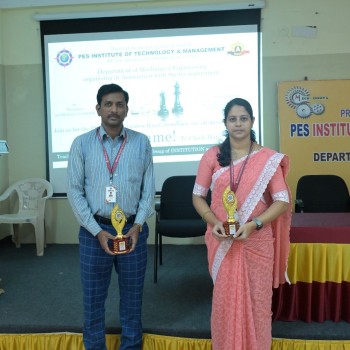Computer Science and Engineering (Data Science) is a domain that integrates computer science, machine learning techniques, algorithms, mathematics, and domain-specific knowledge to extract valuable insights and information from data. In short, technology, algorithm development and data inference are blended together to solve complex problems analytically in Data Science. The students learn how to combine tools, statistics, and business expertise to produce value for their businesses in novel ways.
Salient Features- Develop a solid foundation through hands-on and experiential learning in Data Science & Analytics.
- The Integrated Liberal education program offers insights into Psychology, Design Thinking, Critical Thinking & Creative Writing.
- Blended & Hybrid Learning through real-time industry projects, preparing students for evolving job roles in the chosen area of specialization.
Faculty
Lab Facilities
Lab Conducted: Data Structure, Python Programming, C/C++, Data Visualization, Julia, Generative AI, Big Data Analytics & Machine Learning
Operating System: Dual Boot OS (Windows 11 + Ubuntu 22.04)
Software’s Available: Python IDLE3, Netbeans 8.0.2, Tableau, Keil, Anaconda Navigator, MySQL Server 8.0, Power BI, gcc 5.4.0, g++, Julia
Lab Carpet Area: 1188 sq ft.
Faculty In-Charge: Mr. Nithin H V / Ms. Divya R
Number of systems: 56
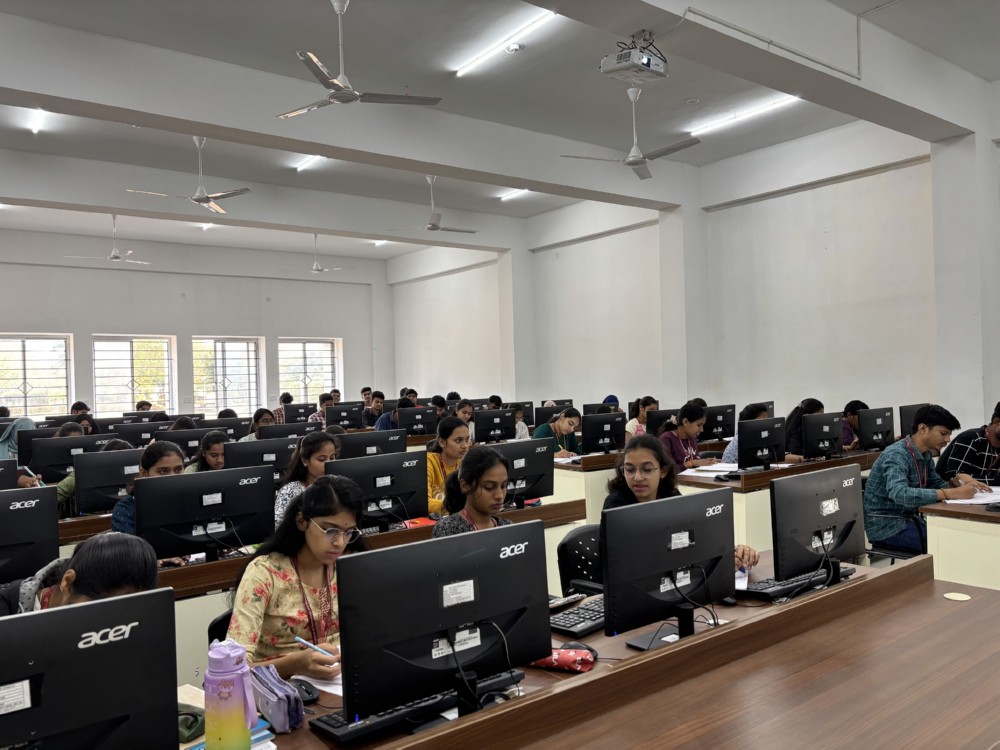
Department Achievements
Academic Year 2022–2023
| 1 | Ms. Sumangala Chikalgudd (4PM23CD055), a first-year student “Top Performer” (score-691) in the VTU external exam February 2024. |
Academic Year 2023–2024
| 1 | Ananya S, Poorvika K M, S Tejashree, and Sinchana P from the 2nd year of Computer Science and Engineering (Data Science) have been selected for an internship opportunity with Ekatva Innovations Private Limited. |
Academic Year 2024–2025
| 1 | Md Ayan, YG Uday Kumar Reddy, and Jeevan K G from the Data Science Department secured 4th place in the final round of Smart India Hackathon (SIH) 2024 held on 12th and 13th December 2024. |
| 2 | Jeevan K G, Md Ayan, YG Uday Kumar Reddy from 4th Sem and Annanya S from 6th Sem participated in the Build for Bangalore Hackathon 2025 held on 12/03/2025 at Sri Krishna Institute of Technology, and the NITTE HackFest, a 3-day National Level Hackathon held from 18th–20th April 2025. |
| 3 | Eshitha Jain, Moushoodh R A, Sarah Sheikh and Chethan K N from 4th Sem participated in the NAMMA SURAKSHA 2K25 Hackathon held from 28th–30th April 2025 at Presidency University, Bangalore. Their team "Innovate D" worked on the project "Cyber Bullying" and secured a position in the Top 10 teams. |
| 4 | Deepika G Swamy (4PM23CD011) and Srushti H S (4PM23CD054) from 4th Sem participated in Hackfinity 2K25 at Maharaja Institute of Technology, Mysore on 9th May 2025 as team “INNOFORGE”. |
| 5 | Md Ayan (4th Semester) from the Department of Data Science published a research paper titled "CogVerse: A Decentralized Cognitive Metasystem for Multi-Agent AI Collaboration" in Zenodo on July 11, 2025 (Version v1.0). The publication is available at: https://zenodo.org/records/15865557 |
Memberships / MOU
Memberships
| Professional Membership | ISTE, IE |
| Student Membership Chapters | IEEE, Google Developers |
| Institutional Membership | ICT Academy |
| SL.NO | Collaboration | Name | Address | Year of Collaboration |
|---|---|---|---|---|
| 1 |
 |
Pantech e Learning | 4th Floor, Delta Chamber, Behind Chennai Shopping Mall, Ameerpet, Hyderabad – 500016 | 2025-2028 |
News Letter
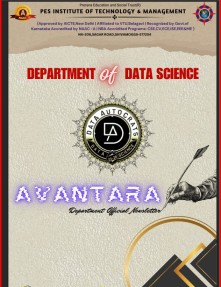 View
View
Contact Us

Dr. Sunitha B S
Professor and Head of Department
Computer Science and Engineering(Data Science)
PES Institute of Technology and Management
NH 206, Sagar Road, Shivamogga � 577 204
Office: 7026656210
Email:
hodds@pestrust.edu.in







